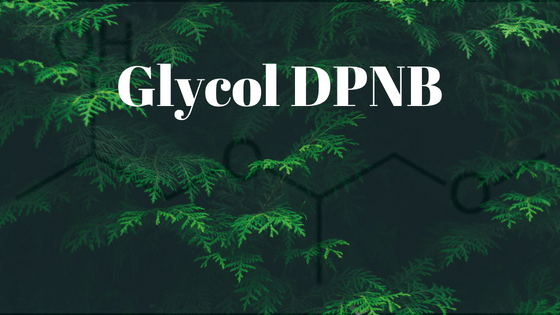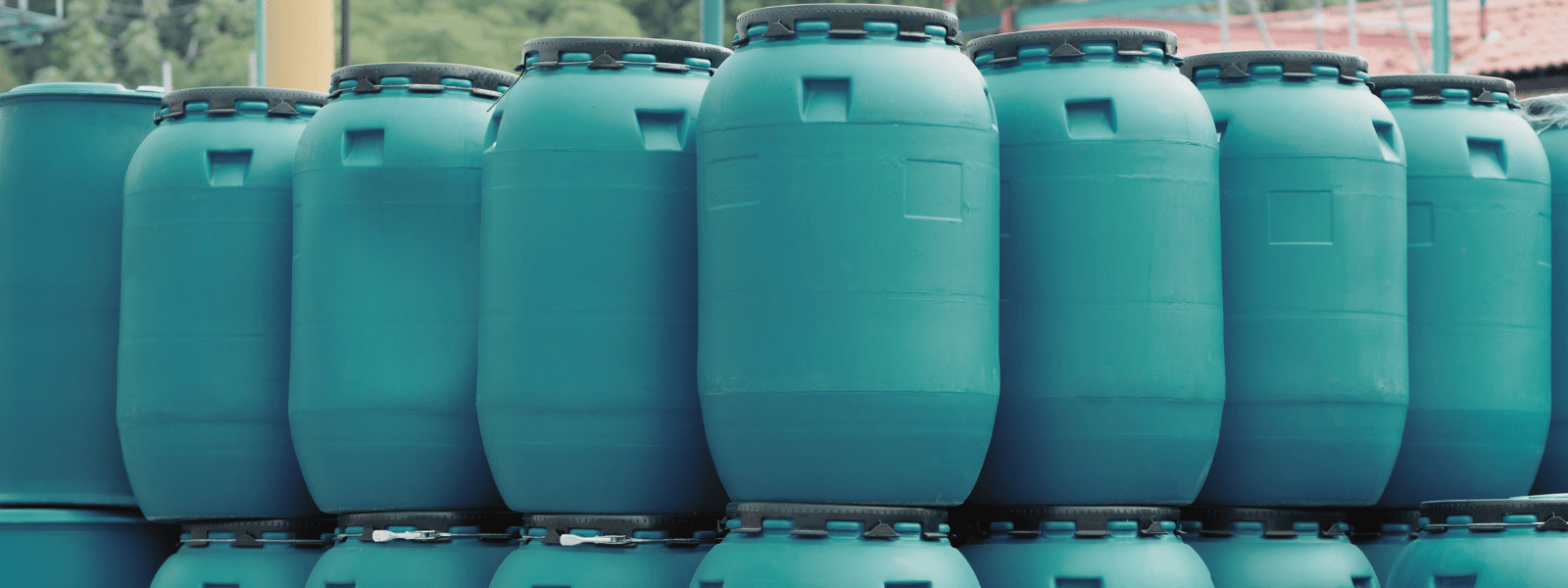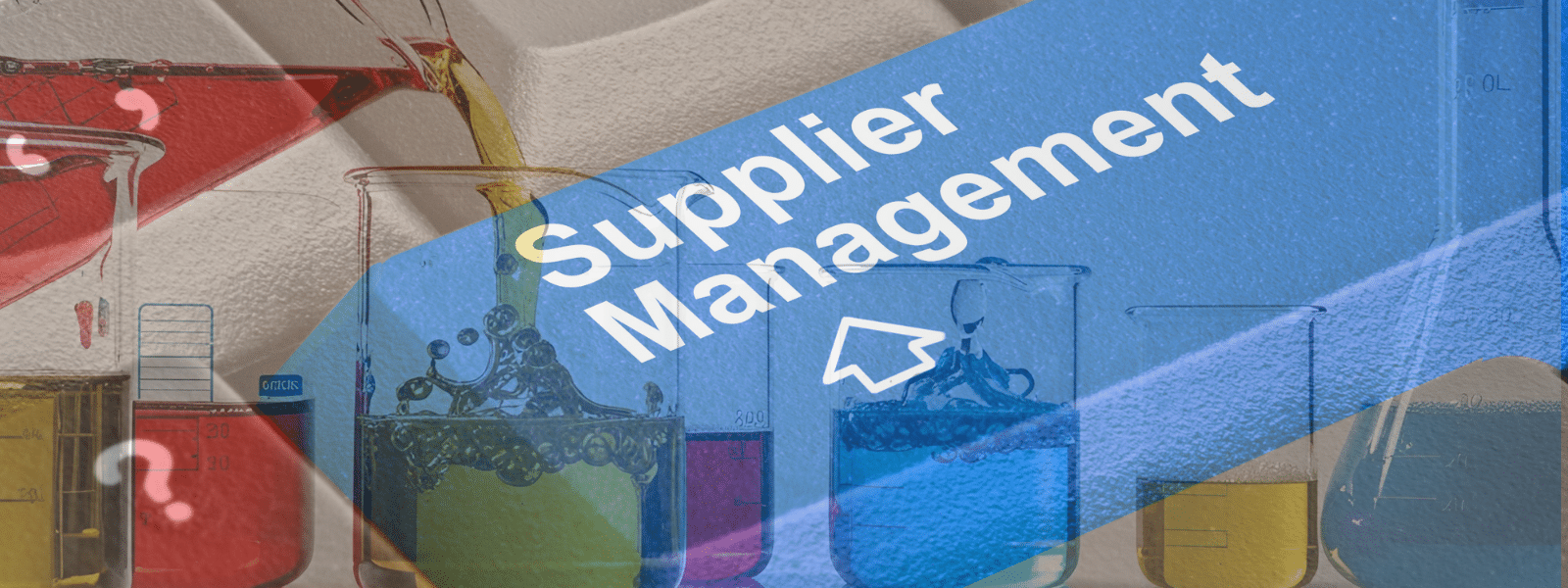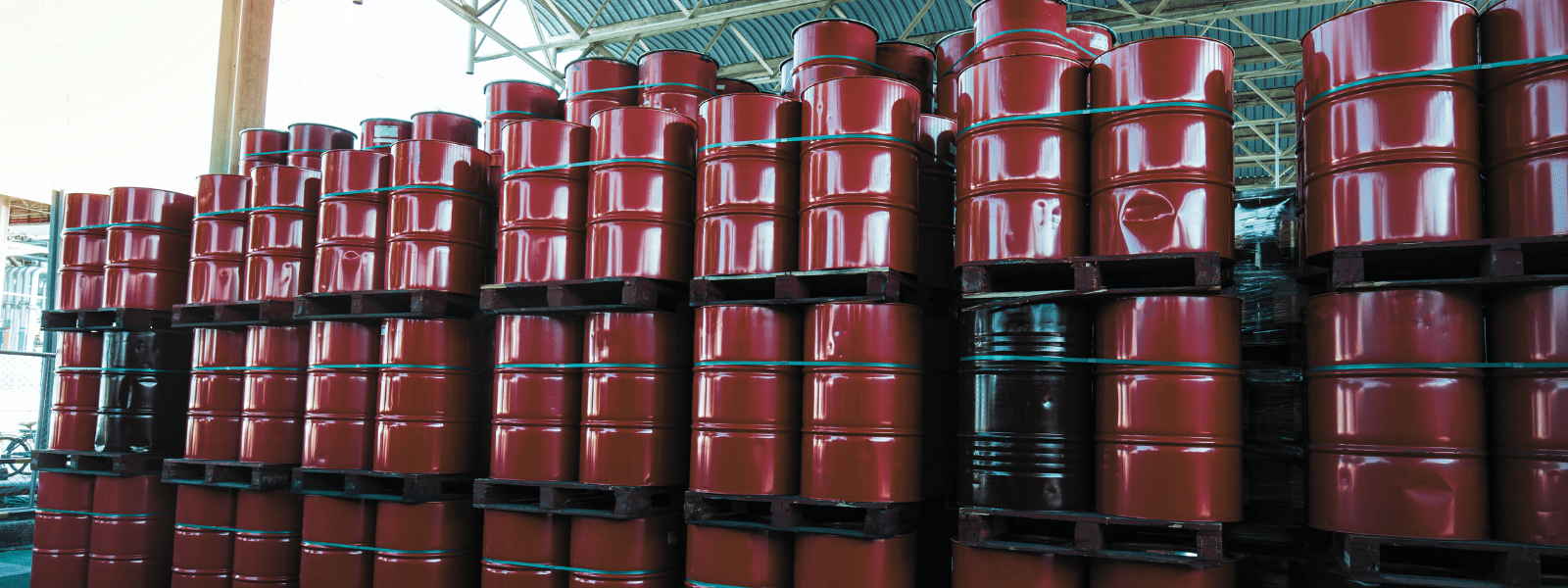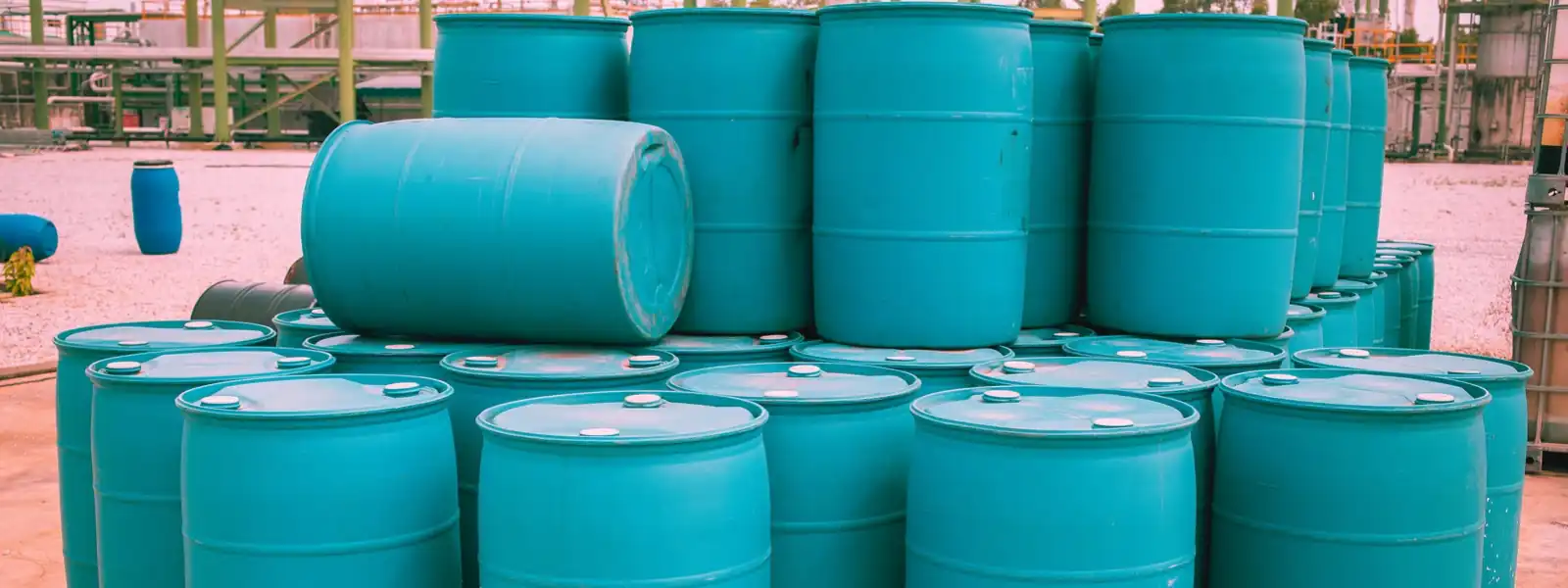[av_image src=’https://ecolink.com/wp-content/uploads/2018/08/Glycol-DPNB.png’ attachment=’13087′ attachment_size=’full’ align=’center’ styling=” hover=” link=” target=” caption=” font_size=” appearance=” overlay_opacity=’0.4′ overlay_color=’#000000′ overlay_text_color=’#ffffff’ copyright=” animation=’no-animation’ av_uid=’av-jky0rvdi’ admin_preview_bg=”][/av_image]
[av_textblock size=” font_color=” color=” av-medium-font-size=” av-small-font-size=” av-mini-font-size=” av_uid=’av-jkvjijvo’ admin_preview_bg=”]
What is Glycol DPNB?
It’s a slow-evaporating solvent that has low water solubility and low volatility. Glycol DPNB is a colorless liquid and has excellent surface tension-lowering abilities. Also, this product demonstrates good solvency for coating resins. Because this product has a low degree of toxicity, its used in agricultural, coating, cleaning, ink, textile, and adhesive products. Glycol DPNB is found in water.
Glycol DPNB uses:
This particular product is frequently used in different industries such as coatings and cleaners.
Coatings:
- Excellent coalescing performance in various resins ( Acrylics, Styrene-Acrylics and more)
- Offers superior film forming characteristics
- Excellent solvent for interior water-based paints
Cleaners:
- Used in cleaner formulations that requires a slow evaporation rates (wax strippers, floor cleaners and more)
- Excellent coupling agent for many oils and greasers
Other industries:
Glycol DPNB works excellent in industries such as agriculture, cosmetics, electronics, ink, textile and adhesive products.
Why is it beneficial to use Glycol DPNB?
For coatings resin, most studies have shown that the most common resins contain a high level of toxicity. Resins that are mostly oil-based are the ones that can contaminate the environment mainly because contain pigments and distillated petroleum. Also, an important characteristic of the resins that are oil-based is that it can affect your health if it is not used properly. Some of the bad effects of using oil-based resins are:
- Respiratory problems
- Muscle weakness
- Liver and kidney damage
- Irritate eyes
- Irritates skin
- Irritates lungs
- Causes headaches
- Causes nausea
As mentioned before, oil-based coatings can harm the environment if disposed of improperly. The bad effects that can cause to the environment are: Pollution on rivers, streams and groundwater.
On the other hand, Glycol DPNB is environmentally friendly chemical compound in the propylene glycol family, is found in many household and green formulated cleaning products, and one of the best features of this product is that is biodegradable into CO2 and water. Also, studied have shown that Glycol DPNB is relatively a benign compound not considered to act as carcinogens. Also, this product’s is able to degrade rapidly into the atmosphere which is excellent for employees that are constantly exposed to different chemicals. Studies have approved that Glycol DPNB is a desirable alternative for dry cleanings such as PCE and more. Mainly because of their reduced environmental and human health impacts
[/av_textblock]





